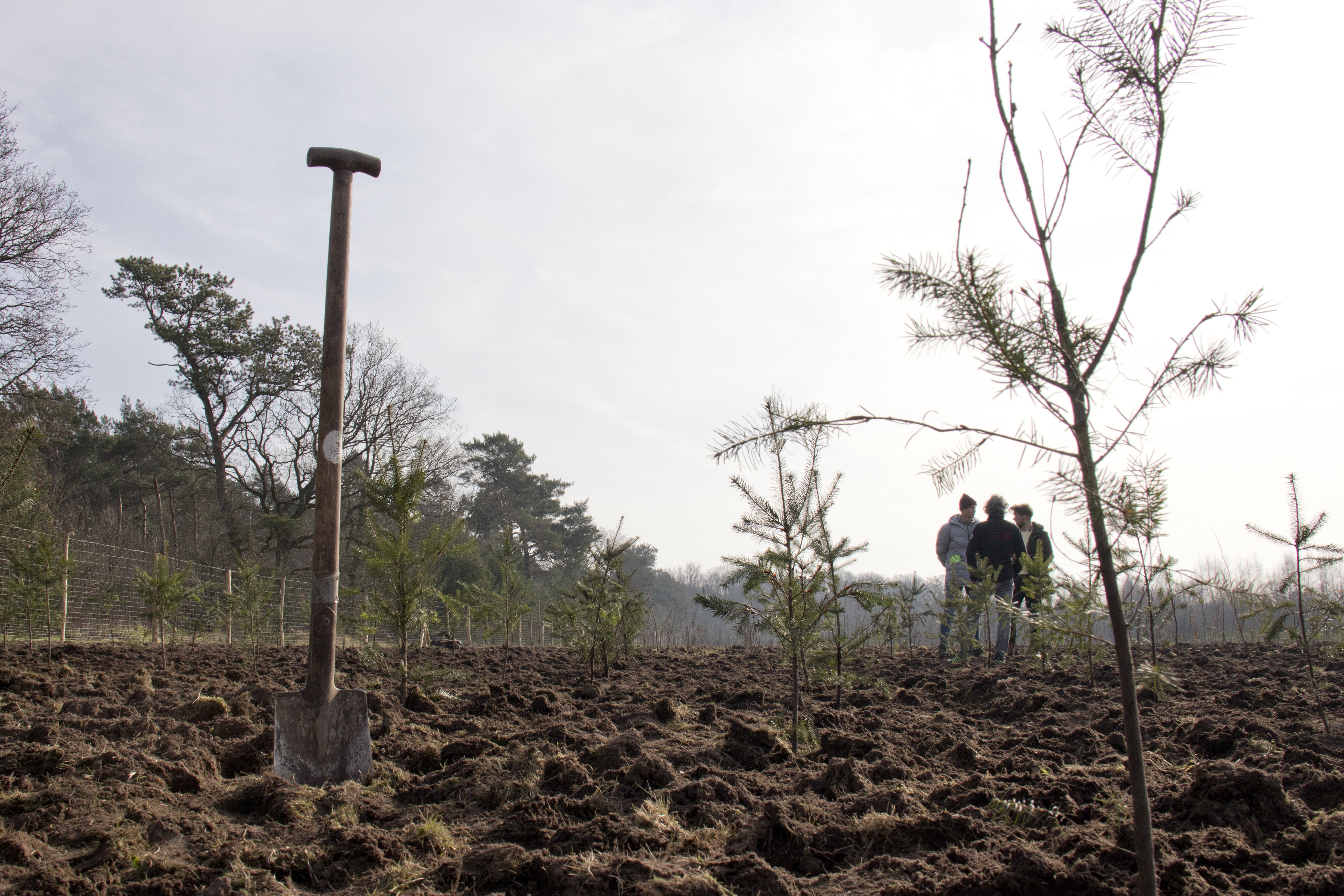
Sustainable investment
Key themes
• Fundamental human rights.
• The rights of local communities to an adequate standard of living, including food, water and housing, in the regions in which the companies operate.
• The right to equal opportunities, treatment and appreciation.
• The rights of children.
• International labour standards as described in the ILO conventions.
• The right to a living wage.
• The degradation of biodiversity in highly fragile ecosystems.
• Severe soil contamination and irresponsible management of agricultural land.
• All the pharmaceutical companies in which we invest have a strategy that demonstrably contributes to global access to medicine.
• All the food companies in which we invest have a strategy that demonstrably contributes to more accessible, affordable and healthy food products.
• We do not invest in tobacco producers. Nor do we invest in companies that earn a relatively large portion of their revenue from an essential product or service for the manufacture supply of tobacco products.
Climate is a topic of great importance for Achmea. On the one hand as an insurer we face a heightened cost of claims from more frequent and heavier precipitation and storms. On the other hand as an investor we have the responsibility to pursue a responsible investment policy aimed at tackling climate issues.
Greenhouse gas emissions are exerting ever greater pressure on the earth’s average temperature. The Paris Agreement, which nearly all the countries in the world signed at the end of 2015, aims to limit the rise in global temperatures to 1.5 to 2° C. Achmea wants to make its contribution to achieving this goal in part via its investments.
For the theme of climate we are focusing on reducing the carbon footprint of our investment portfolios. It is our ambition to only invest in companies with an effective transition strategy, as well as to contribute to the energy transition of companies and to contribute to making homes and real estate more sustainable.
One example of this is reducing carbon emissions from companies held in our investment portfolios. Via responsible investment instruments such as engagement, we aim to achieve a considerable reduction in the amount of carbon emitted by the companies in which we invest. On top of this, since 2021 Achmea has excluded companies that derive more than 5% of their revenue from coal, Arctic oil and gas, shale oil and gas, and from the extraction of oil from tar sands or from the use of these fossil fuels to generate electricity.
Making our investments in businesses more sustainable
Achmea has set the following climate targets for its investments in businesses:
• The carbon footprint of all our investments in companies will be net-zero no later than 2040. A company is net-zero when it emits no more carbon than it offsets. We have set ourselves the following interim goals:
• By the end of 2025, a 32% reduction compared to the market benchmark as of year-end 2020
• By the end of 2030, a 68% reduction compared to the market benchmark as of year-end 2020;
• Expansion of engagement activities to urge companies in the investment portfolio to commit to net zero in 2040, including monitoring of progress.
Making our real estate portfolio more sustainable
For the real estate portfolio Achmea aims to meet targets for energy labels and reductions in carbon emissions. We have set the following climate targets:
• The goal is for all the property investments in our portfolio to hold at least an A energy label as of year-end 2030;
• A minimum of 50% reduction in carbon emissions in 2030 compared to 2015 and climate-neutral (net-zero) in 2050.
All the properties in our portfolio have an energy label. We aim to upgrade the energy labels of the properties in our portfolio as far as possible. Reducing energy consumption is an important precondition for meeting these targets, with the measures for doing so going further than just measures to upgrade the energy labels. The portfolio’s carbon emissions are reduced by making properties more sustainable and by defining sustainability criteria when buying or developing new properties. We carried out research to identify the most appropriate solution for each property. In doing so, we align ourselves as much as possible with regular maintenance schedules. These have been taken as a basis for compiling a sustainability plan. Examples of measures include solar panels, insulation, energy-efficient lighting and heat pumps.